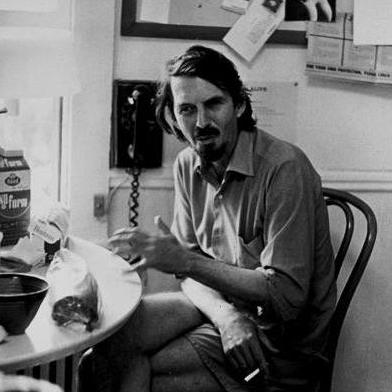Robert Creeley was born in Arlington, Massachusetts, on May 21, 1926. He attended Harvard University from 1943 to 1946, taking time out from 1944 to 1945 to work for the American Field Service in Burma (now, Myanmar) and India. In 1946, he published his first poem, in the Harvard magazine Wake. In 1949, Creeley began corresponding with William Carlos Williams and Ezra Pound. The following year, he became acquainted with the poet Charles Olson. In 1954, as rector of Black Mountain College (an experimental arts college in North Carolina), Olson invited Creeley to join the faculty and to edit the Black Mountain Review. In 1960, Creeley received a master’s degree from the University of New Mexico, Albuquerque. Through the Black Mountain Review and his own critical writings, Creeley helped to define an emerging counter-tradition to the literary establishment—a postwar poetry originating with Pound, Williams, and Louis Zukofsky and expanding through the lives and works of Olson, Robert Duncan, Allen Ginsberg, Denise Levertov, Edward Dorn, and others. Creeley served as New York state poet laureate from 1989 to 1991 and as the Samuel P. Capen Professor of Poetry and Humanities at the State University of New York, Buffalo. He was elected a Chancellor of the Academy of American Poets in 1999. Source

